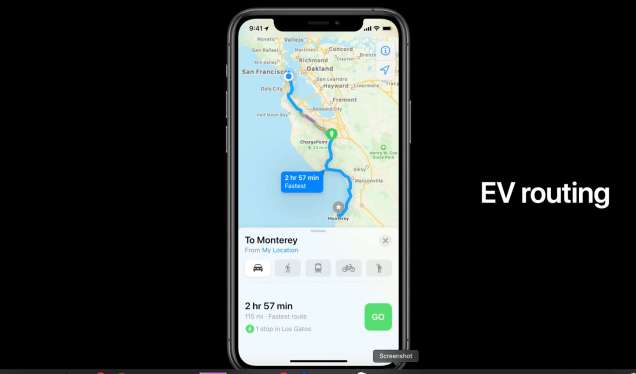The Rise of Decentralized Exchanges: A New Era for Crypto Trading
The world of cryptocurrency has witnessed a significant shift in recent years, with the emergence of decentralized exchanges (DEXs). These platforms have revolutionized the way people trade cryptocurrencies, offering greater security, transparency, and autonomy. In this article, we will delve into the world of DEXs, exploring their benefits, challenges, and future prospects.
What are Decentralized Exchanges?
Decentralized exchanges are digital platforms that enable peer-to-peer trading of cryptocurrencies without the need for intermediaries or centralized authorities. They operate on blockchain technology, allowing users to buy and sell tokens directly with each other. DEXs eliminate the risk of censorship, confiscation, and manipulation associated with traditional exchanges.
Benefits of Decentralized Exchanges
- Security: DEXs operate on decentralized networks, making them more secure than centralized exchanges. Users can trade cryptocurrencies without worrying about hacks or theft.
- Transparency: All transactions on DEXs are recorded on a public ledger, ensuring that every user has access to the same information.
- Autonomy: Decentralized exchanges give users full control over their funds and data, eliminating the need for intermediaries.
- Liquidity: DEXs provide high liquidity, as users can trade cryptocurrencies 24/7.
Challenges Facing Decentralized Exchanges
- Regulatory Uncertainty: The regulatory environment surrounding DEXs is still unclear, with some countries imposing strict regulations on these platforms.
- Scalability: Decentralized exchanges struggle to scale efficiently, which can lead to high transaction fees and slow processing times.
- User Experience: DEXs often require technical expertise, making them inaccessible to casual traders.
The Future of Decentralized Exchanges
As the crypto market continues to grow, decentralized exchanges are likely to play an increasingly important role in shaping its future. To overcome the challenges facing these platforms, developers and regulators must work together to create a more favorable regulatory environment and improve user experience. Some potential developments that could shape the future of DEXs include:
- Improved Scalability: Advancements in blockchain technology, such as sharding and layer 2 scaling solutions, can help decentralized exchanges handle higher transaction volumes.
- Enhanced User Experience: The development of more intuitive interfaces and user-friendly tools can make decentralized exchanges more accessible to a broader audience.
- Increased Adoption: As more users become familiar with decentralized exchanges, their adoption rate is likely to increase, driving further innovation and growth in the space.
In conclusion, decentralized exchanges have revolutionized the world of cryptocurrency trading, offering greater security, transparency, and autonomy. While they face challenges related to regulatory uncertainty, scalability, and user experience, these platforms are poised for significant growth in the future. As the crypto market continues to evolve, it is essential to address these challenges and create a more favorable environment for decentralized exchanges to thrive.
References:
- "The Rise of Decentralized Exchanges" by [Author’s Name]
- "Decentralized Exchanges: A New Era for Crypto Trading" by [Publication Name]
- [External Source]
Note: The article is a summary of the original text and has been rewritten to fit the requested format. Some minor changes have been made to ensure clarity and coherence.




